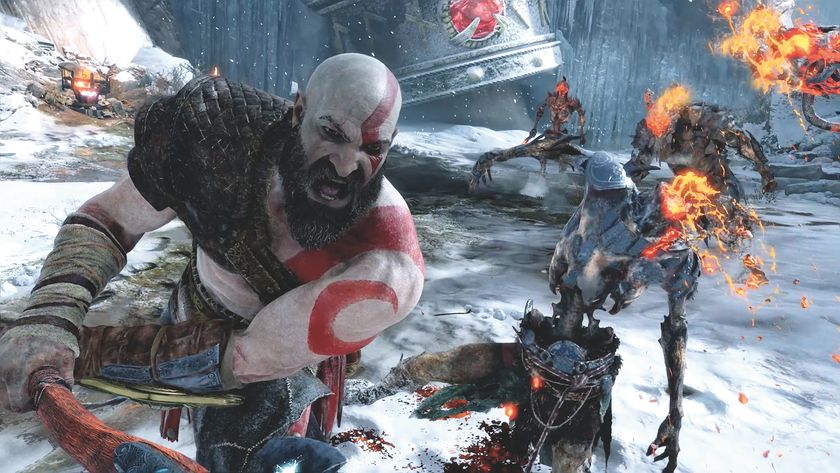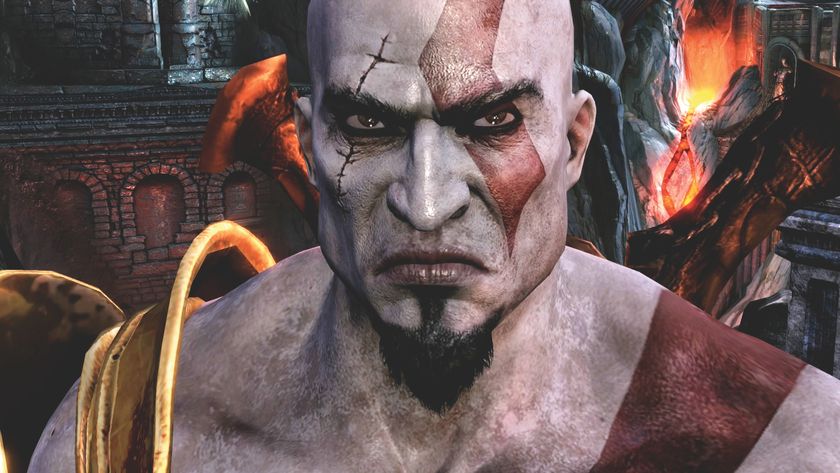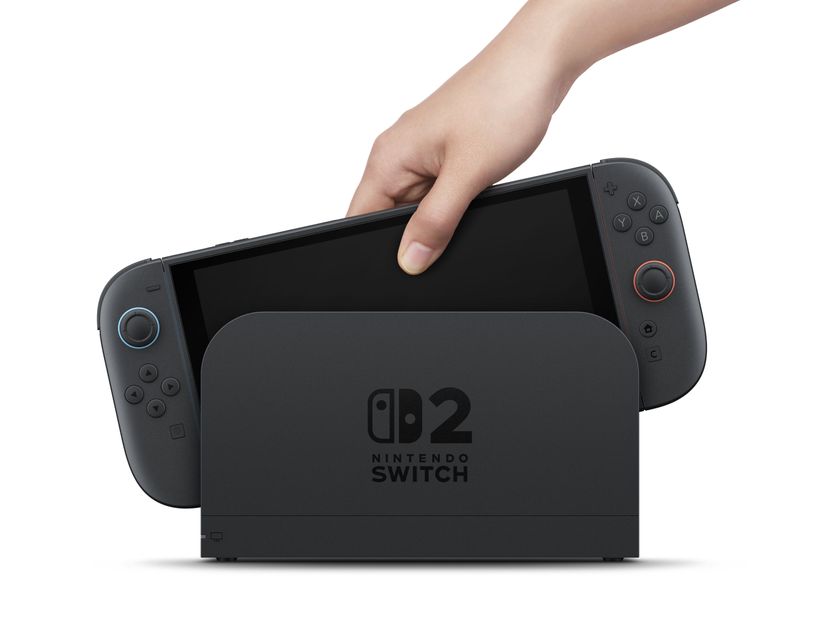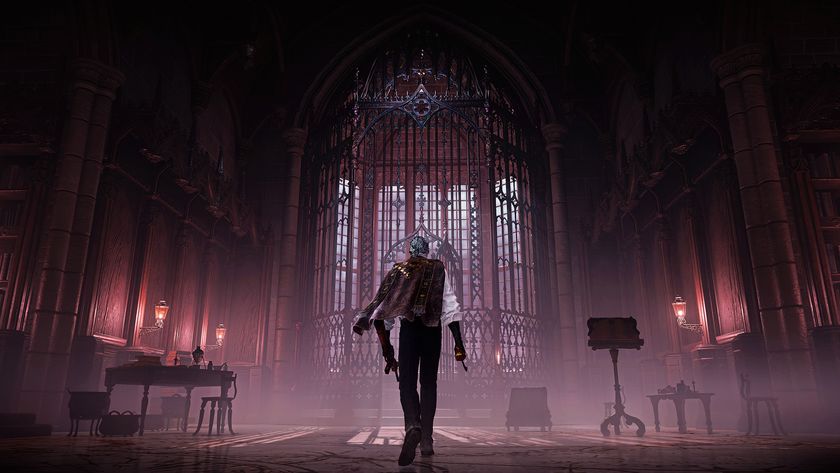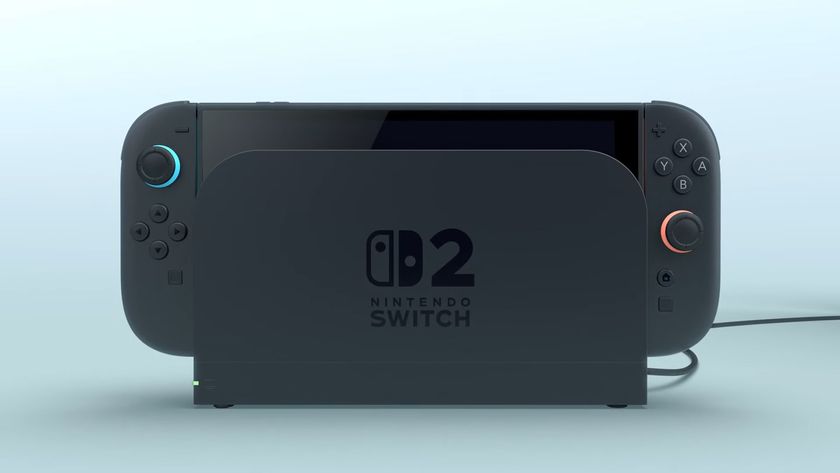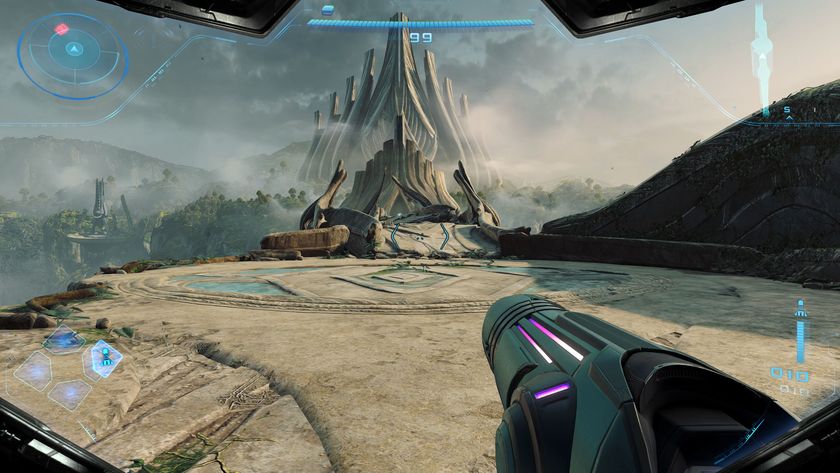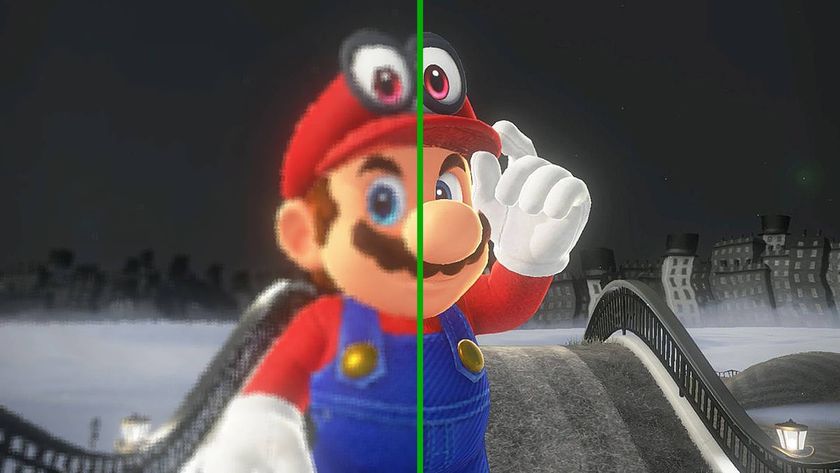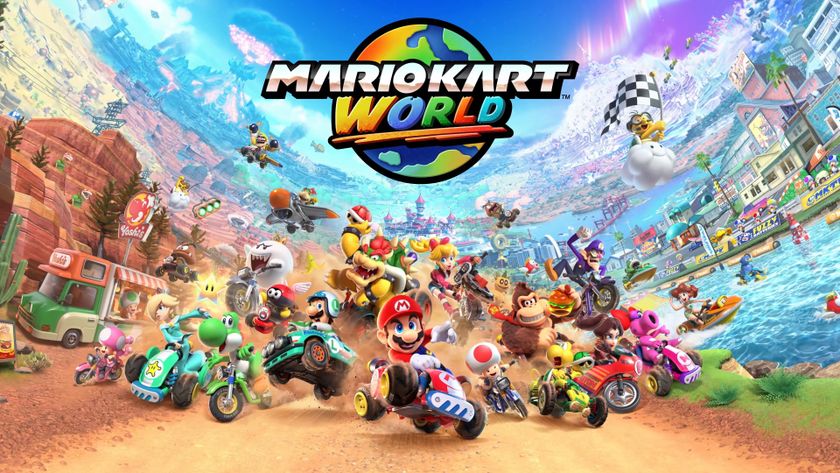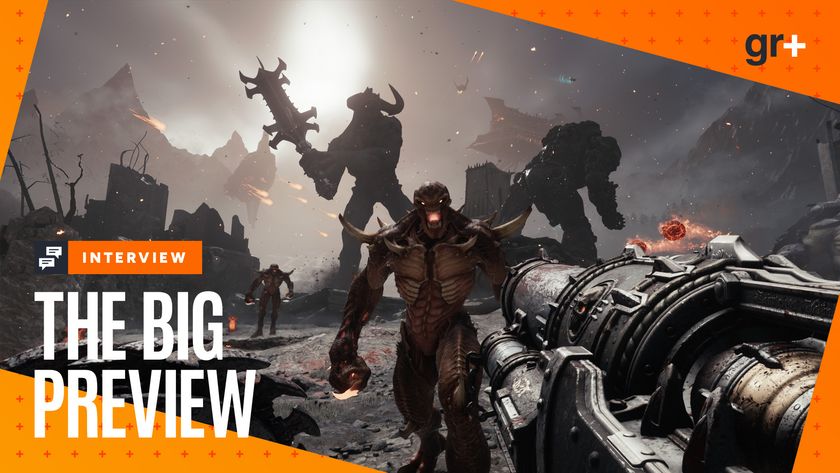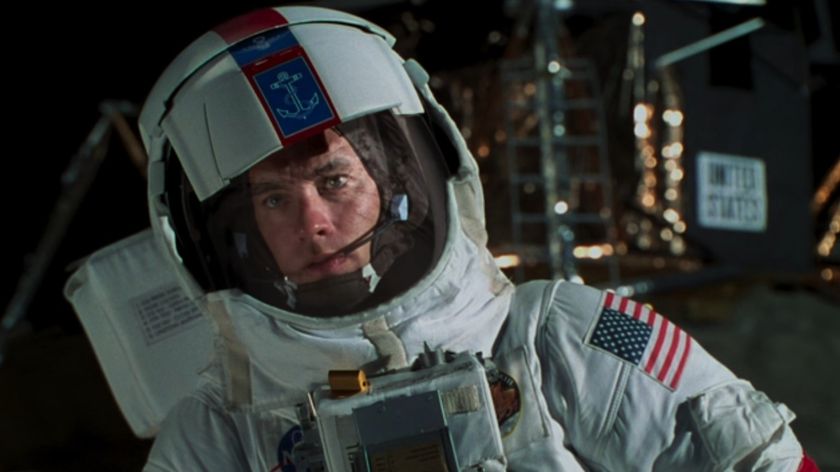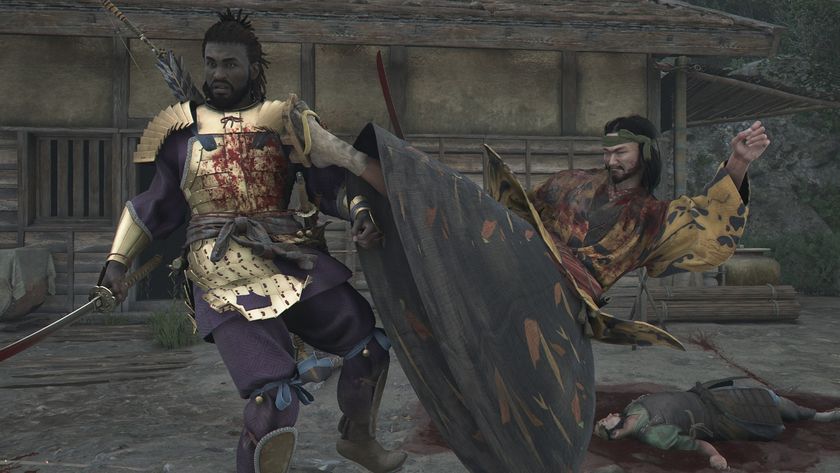Metroid Prime, Mortal Kombat, and the best video game reboots of all time
These great video game reboots suggest the new God of War is in very good company indeed
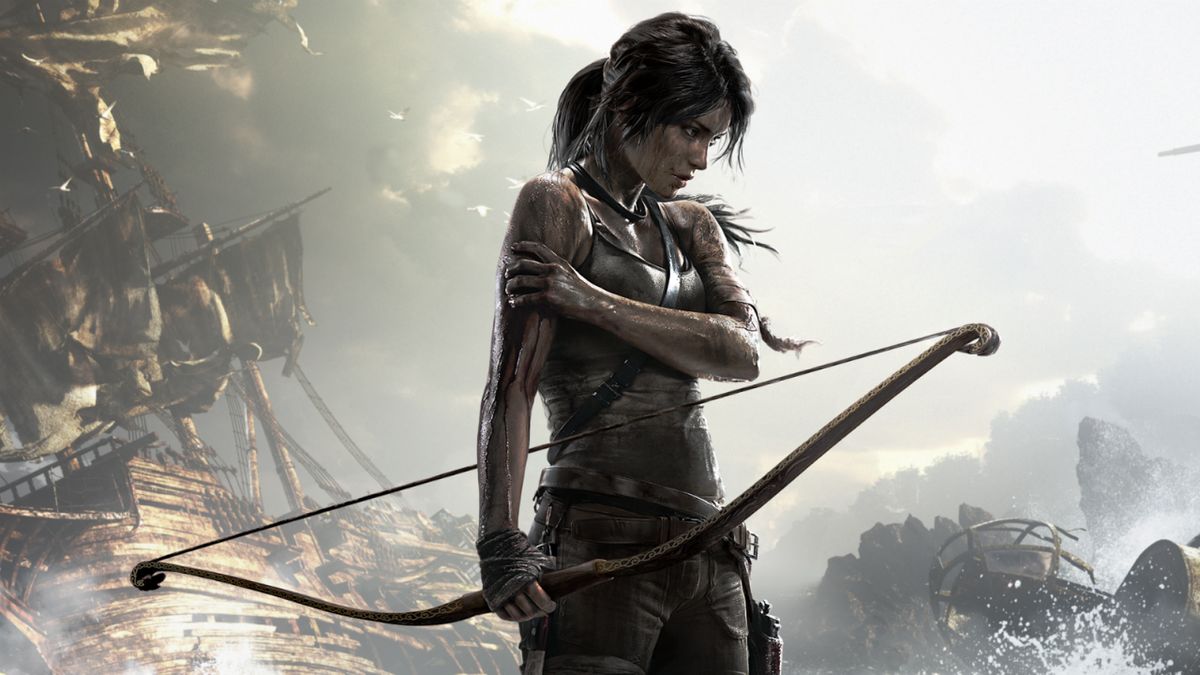
Understandably, some God of War fans are nervous about, well, God of War. Can Santa Monica Studio’s unorthodox take on Kratos really deliver on the hallmarks of a God of War game while still making it feel fresh and relevant? For what it’s worth, you’ll soon be able to check out our God of War review to hear what we think about the game but, in the meantime, the history of gaming reboots itself may be able to allay some of your concerns.
Video game franchises are rebooting, remaking, and reimagining themselves all the time, and while not every comeback hits the mark, a lot of them have gone on to become some of the best titles in modern gaming that money can buy. Each of the following has successfully tiptoed the fine line between rethinking the blueprint left by its predecessors, while simultaneously living up to that same legacy. Here are our favourite rebooted games that will hopefully leave you feeling a little more confident about God of War’s prospects.
Wolfenstein: The New Order (2014)
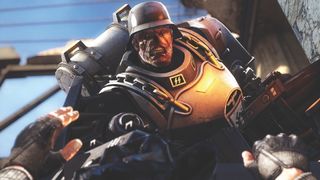
If you told someone five years ago that a Wolfenstein reboot would soon be winning awards for its sophisticated storytelling and nuanced characterisation, they’d probably laugh you out of the room with the sarcastic retort that Donald Trump would be President of the United States too. Indeed, Wolfenstein: The New Order was 2014’s surprise hit that few saw coming, matching expert shooter gunplay with a character-driven plot that made it far more than just a Nazi-slaying simulator.
Not only that, but MachineGames then followed it up with 2017’s The New Colossus, a sequel that was better in almost every conceivable regard, proving that this wasn’t just a one hit wonder, but the beginnings of a first-rate trilogy in the making.
Ratchet and Clank (2016)
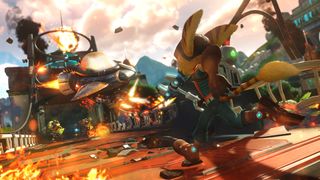
While Insomniac described 2016’s Ratchet & Clank as more of a “re-imagining” than a reboot (what with it being developed in tandem with the so-so feature film of the same name), the Lombax’s debut to PlayStation 4 definitely feels like a successful return to the glory days of the PS2 era.
In fact, Ratchet & Clank has in more common with complete remasters like the Crash Bandicoot N.Sane Trilogy or the recently announced Spyro Reignited Trilogy, with a total overhaul to the game engine while conserving key story beats and levels. Unlike those games, though, it’s been rebuilt from the ground up with the original developers; a valued bonus that ensures this is no haphazard paint job, but something far more special.
Metroid Prime (2002)
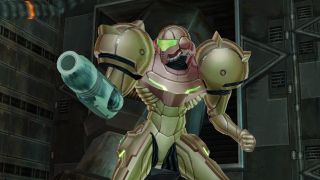
How do you take a beloved side-scroller and modernise it to be the visual showcase for the power of your next generation console? You take the series’ greatest parts - namely the exciting universe and responsive gameplay - and expand them as the core ingredients for one of the greatest first-person adventures of all time.
Sign up to the 12DOVE Newsletter
Weekly digests, tales from the communities you love, and more
Atmospheric storytelling wasn’t exactly the flavour du jour in 2002, but Retro Studios excel in crafting such a delightfully eerie setting in Metroid Prime that the unexpectedly barebones story only makes things more interesting. That, and the fact that you’ll be having too much fun playing as Samus in a fully realized three-dimensional space to care about any possible drawbacks. If you’re wondering why everyone’s so ecstatic about the news of Metroid Prime 4 for Nintendo Switch, go back and play the original, and you’ll quickly understand what all the fuss is about.
Doom (2016)
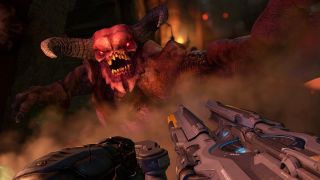
If the simple pleasures of slaying demons ain’t broke, then don’t fix it. That was absolutely the mission statement for id Software when the developer was tasked with dragging the original first person shooter into the 21st century, and we’re so glad it made that call.
2016’s Doom is a love letter to John Romero’s retro masterpiece as you know and love it, just with more style and swagger than ever before, thanks to sublime visual might and a story that rightly (and literally) flips the bird at any semblance of expository filler. Despite the rumours of a hellish production, it turns out that Doom was nothing less than heaven for the FPS senses.
DmC: Devil May Cry (2013)

Before you start shouting at the screen in exasperation, yes, we’re very aware that Ninja Theory’s DmC: Devil May Cry reboot was not for everyone, particularly with matters related to the new colour of Dante’s hair. But, aside from his controversial character redesign (which Ninja Theory made amends for by reintroducing the devil hunter’s iconic white hair in the game’s current-gen remaster), Devil May Cry is the perfect reboot in almost every way.
It faithfully retained the series absurdist tone, wild scope, flurrying combat, and hard R rating, all with added visual heft and newly streamlined mechanics. Don’t let “hair-gate” fool you, this is a reboot that everyone needs to have in their collection.
Tomb Raider (2013)
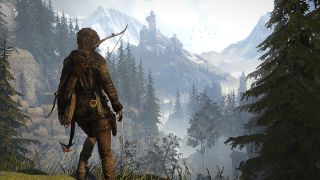
Let’s be real; Lara Croft had been sorely in need of a reboot long before Tomb Raider came around. Her titles during the early days of the PlayStation 3 were average at best and uncomfortably leering at worst, but the tag team of Square Enix and Crystal Dynamics turned the sinking ship around with 2013’s origin story reboot.
Tomb Raider takes the gaming icon and makes her human, with a intimate coming of age tale that just so happened to have slightly more bullets and blood than, say, The Breakfast Club. The game’s breathtaking action set pieces were so good that Warner Brothers even made a half decent movie out of it this year, while the third game in the trilogy, Shadow of the Tomb Raider, is due to release in the back end of 2018, and we can’t wait to see what Square Enix has up its sleeve.
Fallout 3 (2008)
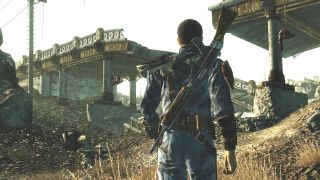
It’s weird to think that, with all its cataclysmic success, Fallout 3 was once considered a creatively risky gambit for Bethesda Softworks, radically redefining the formula for the role-playing series by doing away with the isometric format and turning it into an Elder Scrolls-esque first-person shooter, of all things.
Luckily for all of us, the risk brought untold rewards for both Bethesda and its audience, as Fallout 3 immersed players within the nuclear wasteland in a way that the previous games had never been able to. Not just that, but the game’s inspired VATS system allowed it to stand out from other first-person shooters as much as its own competition in the role-playing genre, blending together two popular formats to create something entirely new.
Rayman Origins (2011)
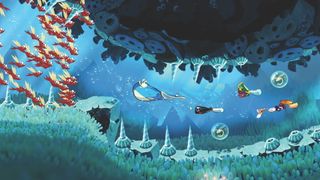
Like Sonic and Mega Man before him, Rayman always thrived in the two-dimensional realm. After Ubisoft had almost butchered the character’s legacy with unwelcome Rabbids spin-offs and dodgy mobile ports, original creator Michel Ancel decided to return to Rayman’s roots with a 2D platformer that paid heritage to his heyday.
The result was Rayman Origins, which upped the momentum and mayhem of previous Rayman titles thanks to a focus on co-op play and high concept humour that lended a nice sense of lyrical buoyancy to the already enjoyable gameplay. Delightful and exhilarating in equal measure, Origins put Rayman back on the map, and reminded us why the limbless humanoid is such a beloved property in the first place.
Mortal Kombat (2011)
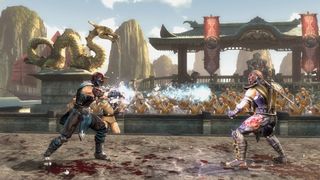
Before NetherRealm Studio’s reboot of 2011, there hadn’t been a proper Mortal Kombat game (not including ports, spin-offs or DC mash-ups) since Deception in 2004. That’s seven years without a real Mortal Kombat sequel, which is a long time in the video game industry, so the franchise’s seventh generation comeback couldn’t afford to pull any of its punches.
And boy, were those punches crunchier and cruder than ever, with NetherRealm able to really go to town on Mortal Kombat’s viscerality now now that modern technology had caught up with its carnal ambition. You can feel every broken bone and snapped tendon in Mortal Kombat, but the on-screen fisticuffs marked the beginning of a glorious new era for the fighting genre, not to mention NetherRealm’s reigning position within it.
Prince of Persia: The Sands of Time (2003)
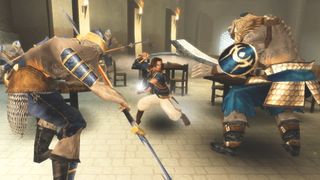
The Prince of Persia property is currently MIA as far as Ubisoft is concerned, but it wasn’t that long ago that the action adventure franchise was responsible for blessing us with one of gaming’s greatest reboots. Sands of Time is a noughties classic, using the Prince of Persia setting as the basis for a completely new story with smart gameplay systems and mechanics all working under the hood of an ambitious action platformer framework.
Most notably, the game’s famous rewind ability lets players turn back the clock on their in-game mistakes, and opened the door for Ubisoft to create some especially clever platforming challenges that you wish you’d see more of in the publisher’s recent output of games. Alas, an in-the-works spin-off with a female protagonist eventually got reworked as the basis for a little known Ubi franchise called Assassin’s Creed. Whether you consider that as good or bad news depends on how fond you are of that time-hopping franchise over this one.
I'm GamesRadar's Features Writer, which makes me responsible for gracing the internet with as many of my words as possible, including reviews, previews, interviews, and more. Lucky internet!

